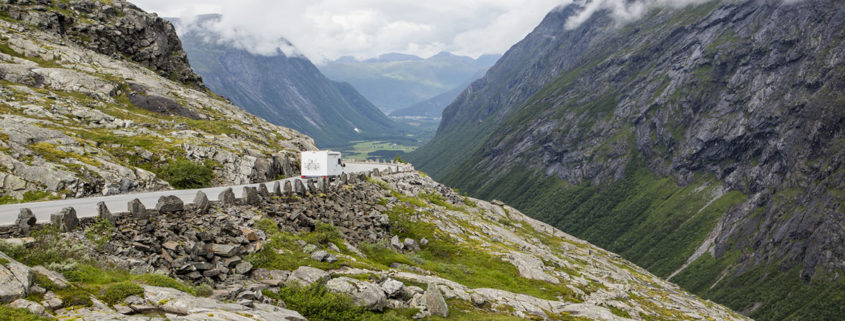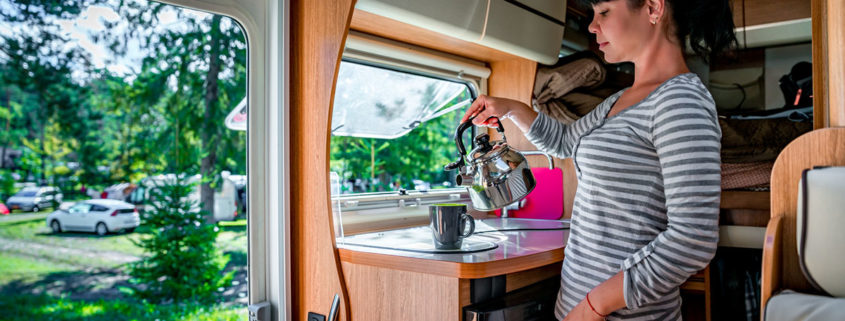How to prepare for Fulltime RV Living
Have you thought of embracing full time RVing before? The full time RV lifestyle could be summed up as a great deal of fun with a few challenges. The freedom and openness of the road, a life immersed in nature along America’s vast wilderness, simple lifestyle as well as slow paced living are among the many fascinating features of RV living. You are not on a permanent vacation neither are you a tourist in every destination you camp but rather a short-term resident. That is just how you live.
The transitioning process to full time RV living is usually an exciting and emotional one: downsizing, selling your home, sorting your stuffs and finally moving into the RV.
Here are a few ideas to help you prepare for the fulltime RV living
Minimize your stuff
RV has less space compared to a house; it can’t hold everything you have including some of your most treasured items. The RV does not have room for extra clutters hence; unused items must be done away with.
It is advisable to start disposing extra clutters well in advance to make the final downsizing process easy. Sorting your stuff into different categories would make it easier to dispose your stuff. You could group your stuff into the Sell category, donate and trash categories as well as stuffs you will use in the RV.
Getting rid of most of your things would make more sense financially as you wouldn’t need to rent a big storage unit to keep your favorite items and a few sentimental stuffs.
Mentally Prepare Yourself
While making the transition to full time RV living not everyone would understand your journey some might be unsupportive while others would be really thrilled and supportive but might not be in a position to help since they are not experienced in the RV lifestyle. The experience of going through piles of stuff can be emotionally exhausting and extremely overwhelming but if you are lucky to have great and supportive friends they might help ease your work.
Be patience as you experience this emotional roller coaster, in addition, having friends around who are already living the lifestyle can be a great source of inspiration and support to you.
Work you can do from anywhere
Having a job that is not location dependent is best for full time RV living. This means you can work from anywhere and get paid without your physical presence. Creating a passive income from either investments or other businesses is also a great idea. You could start a successful blog or start selling on Amazon and so on.
Create time for good-byes
Ensure you bade everyone goodbye. A good-bye to family and friends would take both time and energy so make your schedules far ahead of time, preferably months ahead. You could as well try seeing them in group if you are short on time.
Start collecting the essentials
Create a list and start gathering the essentials. Here’s an idea of some essentials to get started!
KITCHEN ITEMS: Instant Pot, Ninja Blender, Toaster Oven, Collapsible Highchair, Water Filter
RV ITEMS: RV Leveling Blocks, Wheel Chocks, Garden Hose, Sewer Hose Kit etc.



